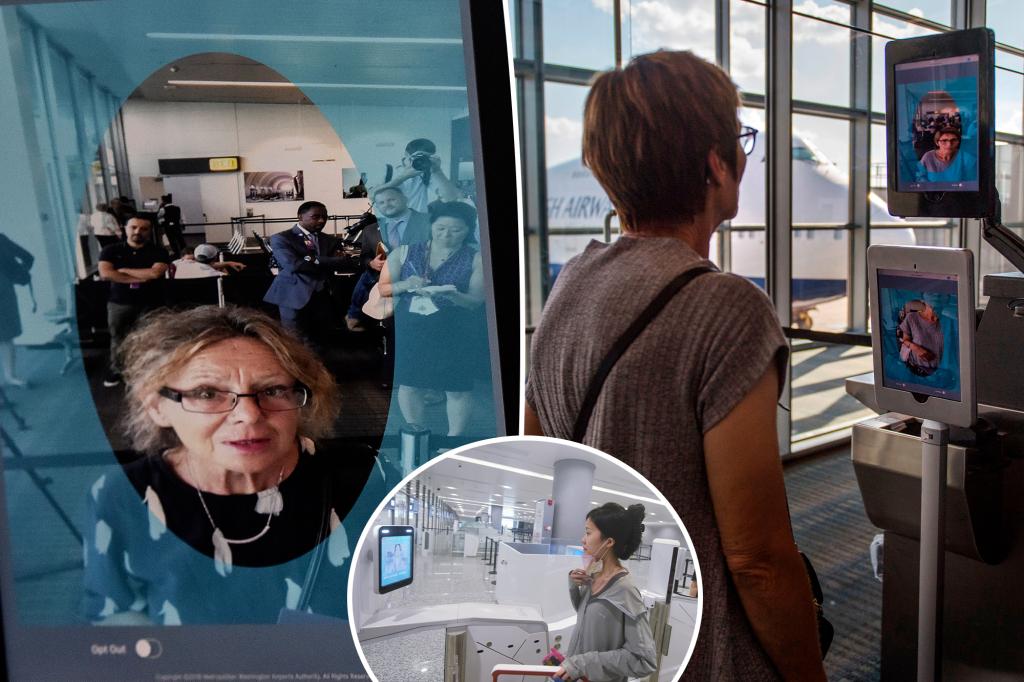Facial recognition technology is being used at airports for security purposes, but many travelers are not aware that they have the option to opt-out of having their face scanned. This technology has raised concerns among the public due to privacy issues, with many individuals feeling uncomfortable with their biometric data being collected without their consent. Despite the lack of awareness, opting-out of facial recognition at airports is relatively easy and requires travelers to simply notify a TSA officer that they prefer a standard ID check.
According to the Transportation Security Administration (TSA), participation in biometric technology tests is voluntary for passengers. Regardless of citizenship, individuals can choose not to have their faces scanned for domestic travel within the U.S. For international travel, U.S. citizens also have the option to opt-out, while foreign nationals are generally required to participate in facial recognition, with a few exceptions. To opt-out, travelers need to stand away from the camera, present their physical ID to the TSA officer, and state that they prefer the standard verification process.
While the TSA and Customs and Border Protection (CBP) claim that facial recognition technology is optional, many passengers have reported difficulty in finding clear signs informing them of this choice. In some cases, travelers, including a U.S. Senator, have faced hostility and resistance when attempting to opt-out at airports. This raises questions about how truly optional facial recognition is, despite official statements suggesting otherwise. The lack of clear information and the negative experiences of passengers highlight the need for better communication and respect for travelers’ privacy rights.
Sen. Jeff Merkley’s experience at Washington’s Reagan National Airport exemplifies the challenges faced by individuals who wish to opt-out of facial recognition. Despite being informed that opting out would cause a significant delay, there was no delay, indicating that there may be misinformation or intimidation tactics used to discourage passengers from exercising their right to choose. In addition to the TSA, airlines may also use facial recognition technology for boarding purposes, but passengers are allowed to opt-out of this practice for domestic flights.
The implementation of facial recognition technology at airports has sparked a debate about privacy rights and consent. While the technology can enhance security and streamline processes, it also raises concerns about data protection and surveillance. The lack of awareness among travelers about their right to opt-out further complicates the issue, leading to confusion and potential conflict between passengers and airport authorities. Clear communication, visible signage, and respectful treatment of travelers who choose not to participate in facial recognition are crucial steps to address these challenges.
In conclusion, the use of facial recognition technology at airports presents a complex dilemma between security measures and individual privacy rights. While travelers have the option to opt-out of face scans, the lack of clear information and reported instances of resistance indicate that the process may not be as straightforward as authorities claim. Improved communication, transparency, and respect for passengers’ choices are essential to ensure that facial recognition technology is truly optional and respects the privacy concerns of travelers. As technology continues to advance, finding a balance between security needs and privacy rights will be crucial in shaping the future of air travel and biometric data collection.


